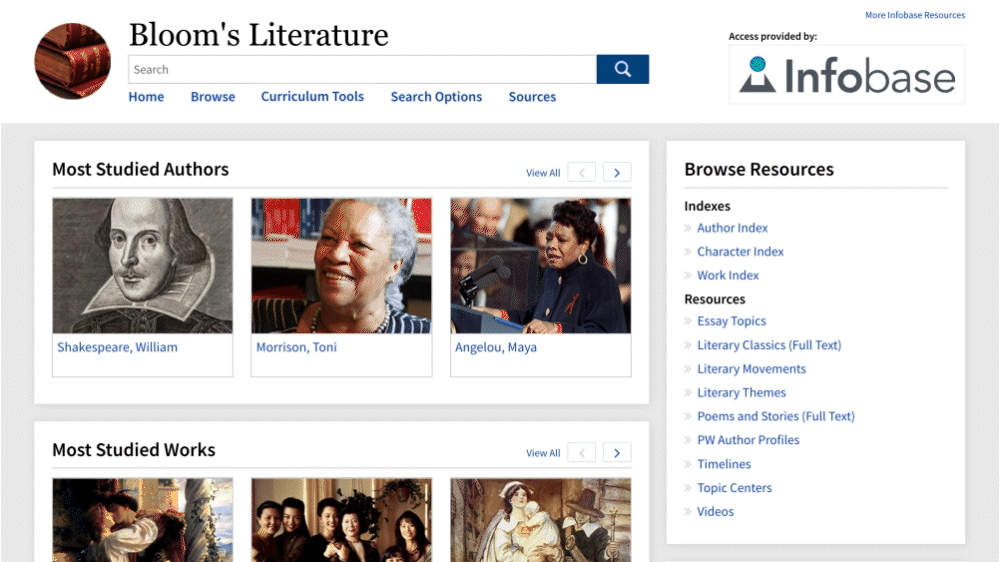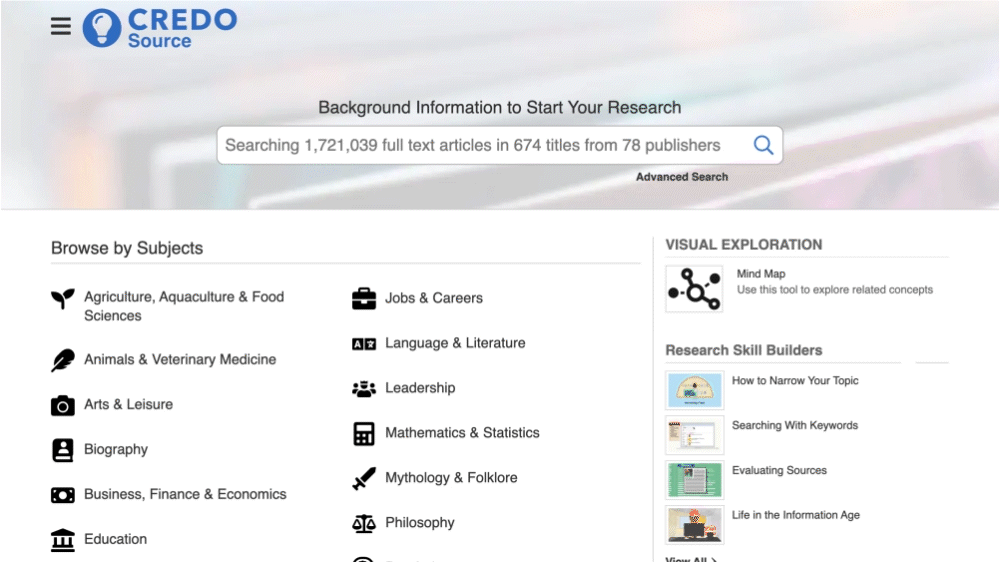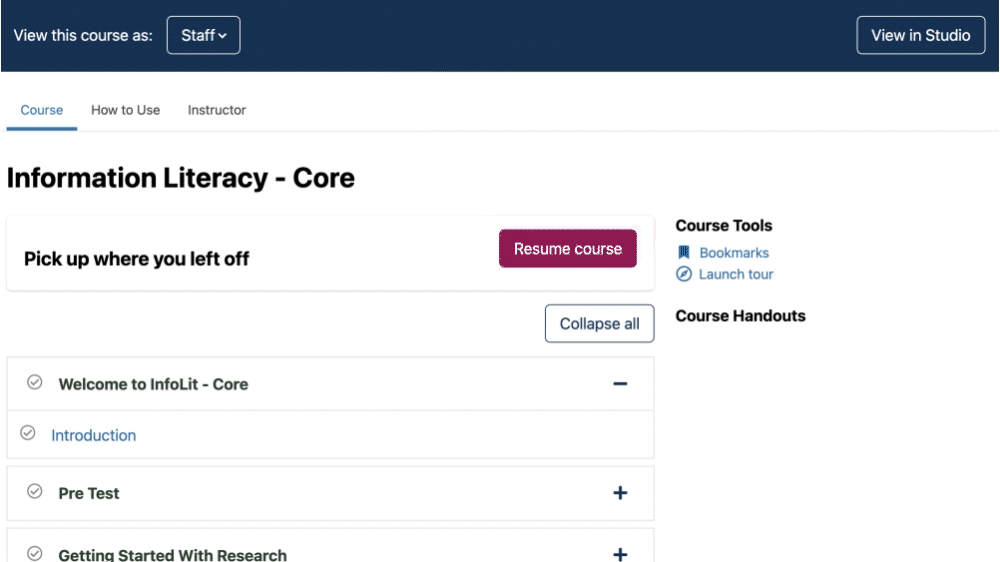Providing Guidance on Artificial Intelligence (AI)

To many of us parents and educators, the rise of artificial intelligence (AI) in education has been both intriguing and disturbing. Over the past year, I’ve watched my two teenagers experiment with ChatGPT many times, with results that alternate between impressive, ridiculous, and a waste of time. What’s clear is that, for better or worse, AI technology is constantly changing and improving, and it’s not going away.
As Infobase’s Director of Information Literacy, I’ve been in touch with parents, librarians, and educators around the country who share the same concerns about AI. What everyone agrees on is the dire need for guidance on how AI should and should not be used. At Infobase, we’re addressing that need in a number of ways.
An Expert’s Guides to the Perils and Promise of AI
We commissioned Sarah Z. Johnson, academic integrity officer at Madison College, Writing Center director, AI expert, and member of the Modern Language Association’s AI task force, to write two exclusive in-depth guides for us:
- Using AI as a Student: Background, Risks, and Benefits—discussing the science of AI, the risks involved in using it, and the possible benefits
- How to Use AI Ethically and Effectively—providing specific and helpful guidance (including sample prompts) on using AI for such tasks as brainstorming, idea organizing, data analysis, and more
These guides are currently available in the Curriculum Tools drop-down menu in many of our reference databases, including Bloom’s Literature, American History, Modern World History, Ancient and Medieval History, African-American History, American Indian History, Health Reference Center, and Science Hub. They are essential reading for both students and educators.
Of course, in any material Infobase publishes on AI, we always emphasize that students should:
- Always check first with their instructors to make sure that AI use is permitted, and
- Never simply plug an essay prompt into a chatbot like ChatGPT and paste the response into their own essay as if they wrote it themselves.

Research Skill Builders on AI from Credo Source
Two new AI-related videos have just been added to Credo Source:
- AI and Related Issues: This video describes what generative AI is, how it works, and what issues students might encounter when using it.
- How to Use AI to Find Information: Emphasizing that any AI use must only be done with teacher permission, this video describes how to use AI in ways that don’t constitute plagiarism, such as asking AI to help choose a research topic and using it as a tutor.
These new videos will appear under “Research Skill Builders” in the right-hand column on the homepage. Research Skill Builders include 100+ minutes of videos and tutorials that can be used as needed in distance learning and virtual instruction, lessons and classes, independent study, one-shot sessions, and more.

Modules on AI in Credo Information Literacy
Credo Information Literature is a suite of videos and customizable tutorials and assessments designed to teach students foundational information literacy concepts. In the last few months, we’ve added to the product new tutorials and assessments related to AI. These materials cover:
- What generative AI is and how it works
- Which types of student AI use are possibly permitted and which are never permitted
- How to write effective AI prompts
- How to cite AI
Other issues addressed include plagiarism concerns, copyright violations, bias, and AI errors or “hallucinations.”

There’s no doubt that, in the years to come, understanding AI will be a crucial component of informational literacy. At Infobase, we understand the paramount importance of providing up-to-date guidance on this constantly changing technology. We also have instructional material on AI in products including Credo Source, Films On Demand, Classroom Video On Demand, Learn360, and others.